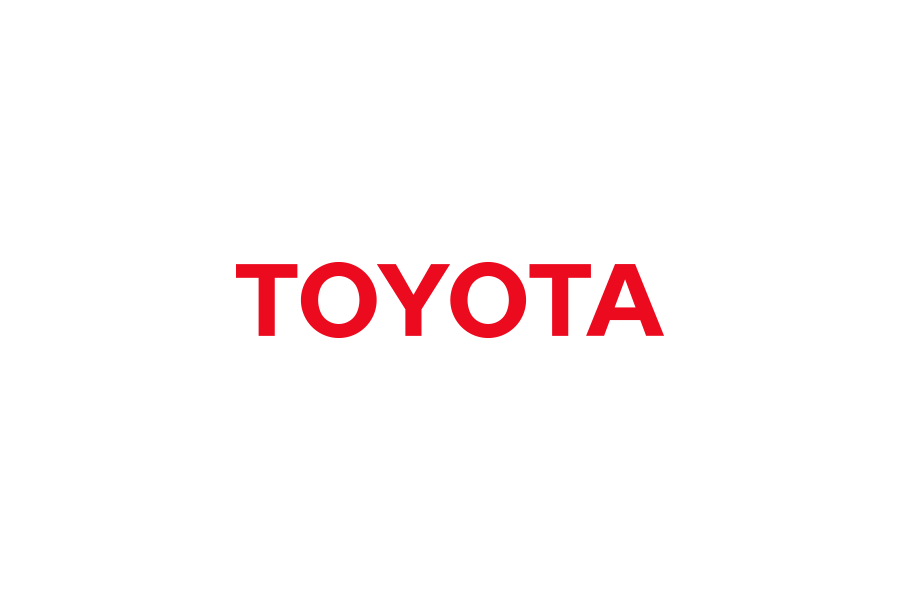Dec. 12, 2017
New Company to be Established in Spring 2018 with Focus on Full-fledged Development of Hydrogen Recharging Station Network in JapanAgreement signed by 11 companies
Nissan Motor Co., Ltd.
Honda Motor Co., Ltd.
JXTG Nippon Oil & Energy Corporation
Idemitsu Kosan Co., Ltd.
Iwatani Corporation
Tokyo Gas Co., Ltd.
Toho Gas Co., Ltd.
Air Liquide Japan Ltd.
Toyota Tsusho Corporation
Development Bank of Japan Inc.
As a result of discussions that began in May 2017, the following 11 companies have signed an agreement to form a new company in the spring of 2018, aimed at the full-fledged development of hydrogen recharging stations (HRS) for fuel cell vehicles (FCV): Toyota Motor Corporation, Nissan Motor Co., Ltd., Honda Motor Co., Ltd., JXTG Nippon Oil & Energy Corporation, Idemitsu Kosan Co., Ltd., Iwatani Corporation, Tokyo Gas Co., Ltd., Toho Gas Co., Ltd., Air Liquide Japan Ltd., Toyota Tsusho Corporation, and Development Bank of Japan Inc.
The new company will be established to accelerate Japan's hydrogen initiative―which is driven mainly by these 11 companies―toward the achievement of Japan's common target shared by the government and industries regarding the development of hydrogen recharging stations. According to the "Strategic Road Map for Hydrogen and Fuel Cells" (revised March 22, 2016) released by the Council for a Strategy for Hydrogen and Fuel Cells, an industry body organized by the Ministry of Economy, Trade and Industry (METI) of Japan, in the initial phase of promoting fuel cell vehicles powered by hydrogen, the target penetration is 160 stations and 40,000 fuel cell vehicles by FY 2020.
The objective of the new company is to enhance the collaboration among infrastructure developers, automakers, and financial institutions in order to simultaneously accelerate and scale up Japan's deployment of HRS and FCV.
The new company will take on the following specific initiatives:
- Strategic deployment of hydrogen recharging stations
- The company will aim to complete its mission in 10 years. During the first four years in Phase 1, the new company intends to target the construction of 80 new stations. To achieve this target, new member companies, extending beyond the current member companies, will be invited to participate.
- The new company will, while taking into account subsidies from the national government and initiatives of local governments, develop its own original "Hydrogen Recharging Station Deployment Plan," in order to create an environment in which many users can enjoy driving fuel cell vehicles in Japan.
- Contribution to efficient hydrogen station operation
By collecting and utilizing information regarding the construction and operation of hydrogen recharging stations through infrastructure developers, which will oversee operations of hydrogen recharging stations, the new company, which will deploy and own stations nationwide, will contribute to efficient operations and other road map objectives in the following ways:
- Improvement of convenience for FCV users
In order to encourage customers to use hydrogen, the new company will improve the convenience of stations, coordinating with the Association of Hydrogen Supply and Utilization Technology (HySUT), which has already begun actively expanding the market, for example by extending the number of service days per week to meet increased demand. - Cost reduction and regulation review
The new company will collaborate with external organizations, such as the Fuel Cell Commercialization Conference of Japan (FCCJ) and HySUT, to reduce cost by addressing issues such as the standardization of equipment and revision of regulations.
- Improvement of convenience for FCV users
To carry out these actions, member companies will play the following key roles:
- Infrastructure developers will invest in and construct hydrogen recharging stations, and operate them, on behalf of the new company;
- Automakers will contribute financially to the operations of the new company in order to efficiently deploy hydrogen recharging stations, improve convenience for users, and boost public awareness, while also striving for higher penetration of fuel cell vehicles during Phase 1;
- Financial institutions will partially cover HRS deployment costs through investments. By providing the funds necessary until the HRS business becomes commercially sustainable, financial institutions will help reduce the financial burden borne by infrastructure developers during Phase 1 and will help attract new participants.
The new company will aim to seek wider participation by HRS-operating companies and investors, to achieve a sustainable HRS business and FCV penetration as swiftly as possible, thus contributing to the creation of a full-fledged hydrogen society in Japan.
Signing companies and their roles
- Infrastructure developers
- JXTG Nippon Oil & Energy Corporation, Idemitsu Kosan Co., Ltd., Iwatani Corporation, Tokyo Gas Co., Ltd., Toho Gas Co., Ltd., Air Liquide Japan Ltd.
- Automakers
- Toyota Motor Corporation, Nissan Motor Co., Ltd., Honda Motor Co., Ltd.
- Financial institutions
- Toyota Tsusho Corporation, Development Bank of Japan Inc.

